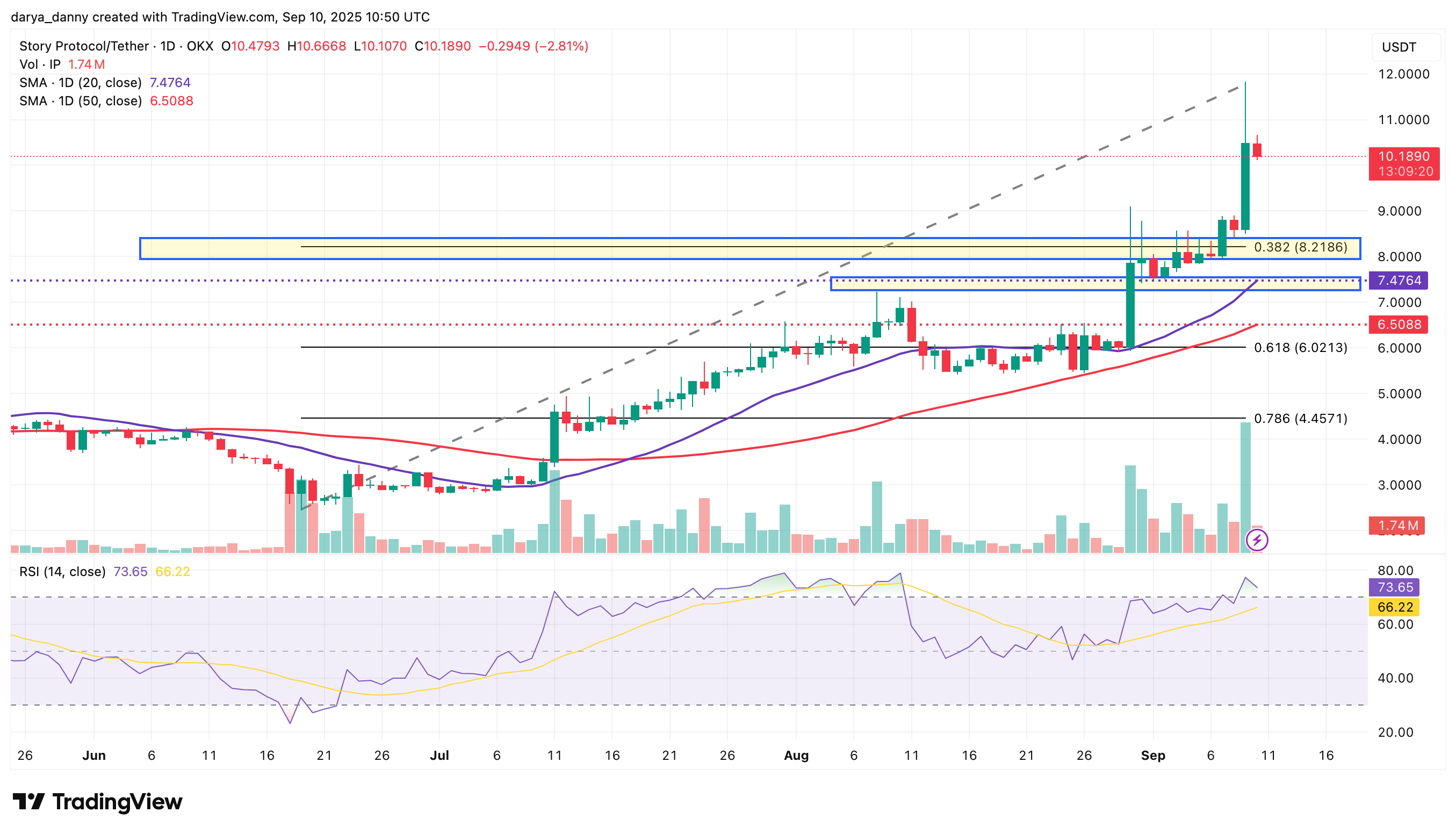Why India Can’t Decide Whether to Love or Loathe Crypto in 2025
The Reserve Bank of India (RBI) has weighed in with its typically dry charm, suggesting that regulating crypto effectively is nearly as impossible as keeping a soufflé from collapsing. Sure, a ban might reduce the drama, but it wouldn’t stop people from trading it peer-to-peer or on decentralized platforms. And where’s the fun in that?




